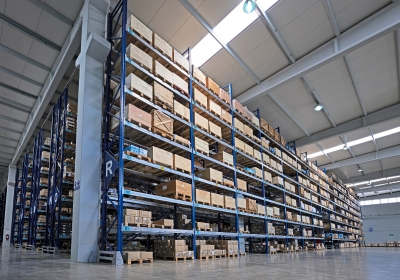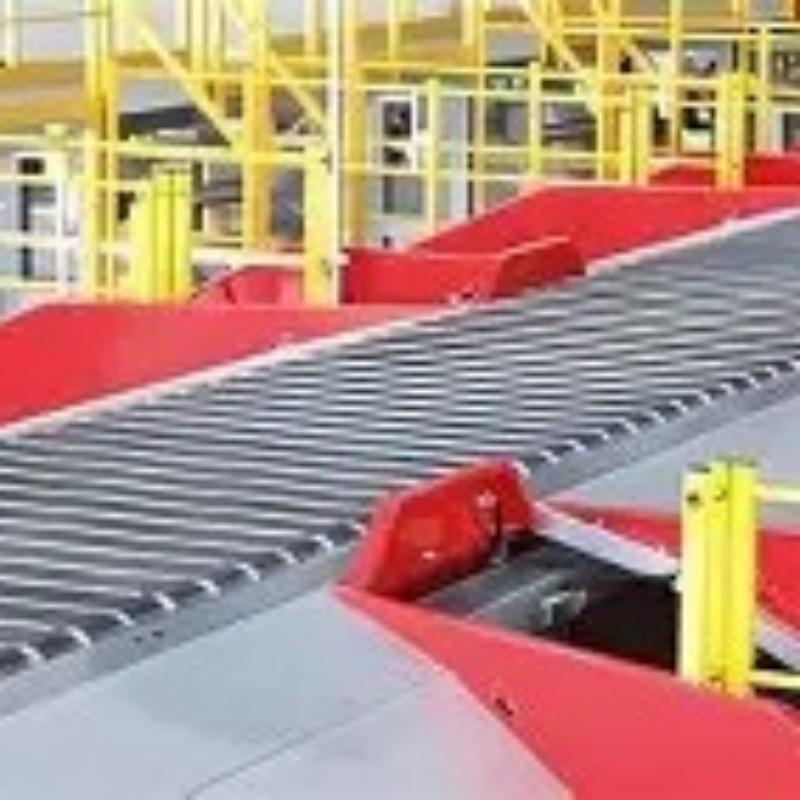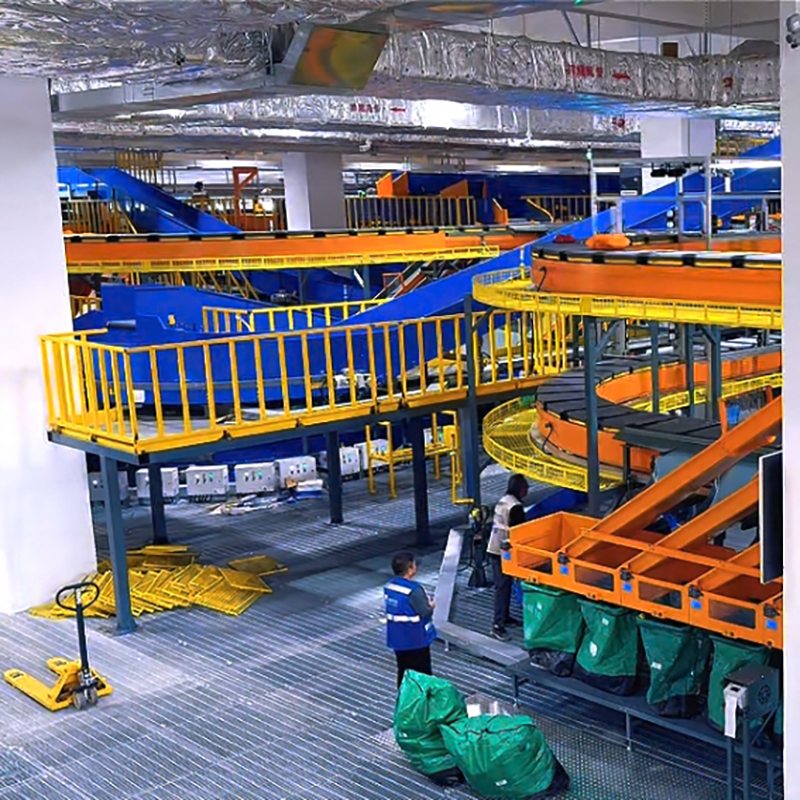The logistics industry is entering a new phase of rapid automation. Driven by booming e-commerce, labor shortages, and rising accuracy requirements, more companies are upgrading their facilities with intelligent equipment and digital systems.
1. High-Speed Sorting Becomes Essential
Automated sorters such as cross belt, narrow belt, and swivel wheel systems are now core infrastructure for modern distribution centers. They deliver fast, stable, and accurate parcel handling while reducing manual workload.
2. Smart Identification Improves Data Reliability
DWS systems with OCR and high-resolution imaging provide complete parcel data — weight, dimensions, and label information — ensuring billing accuracy and full traceability.
3. Robotics Support Flexible Operations
AMRs and robotic picking solutions help warehouses handle increasing volumes with fewer labor constraints, improving efficiency and safety throughout the workflow.
4. Data-Centered Logistics Gains Momentum
Real-time monitoring, AI analytics, and digital control platforms allow operators to manage equipment performance, optimize routing, and make faster decisions.
5. Scalable Systems for Global Growth
Modular conveyors, expandable sorters, and multi-level chutes enable logistics companies to upgrade capacity quickly as cross-border shipping continues to grow.
Conclusion
Automation in 2025 focuses on speed, precision, and scalability. Companies that invest in intelligent sorting, robotics, and digital systems will strengthen their competitiveness and prepare for future market demands.




